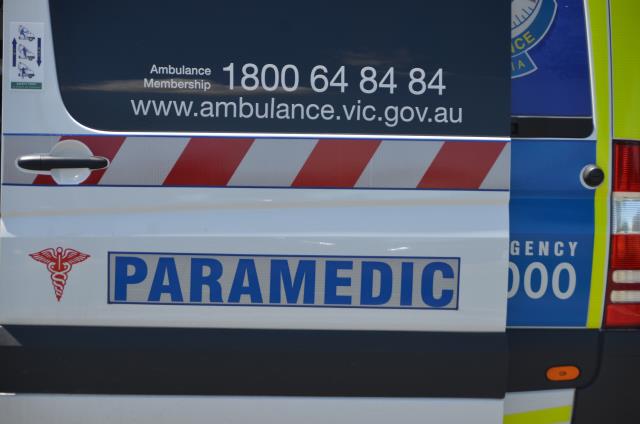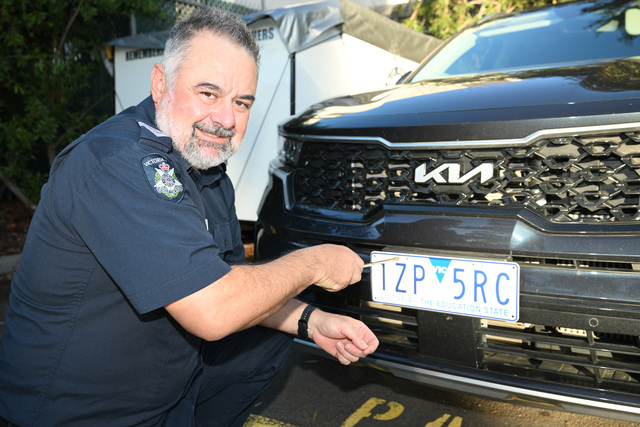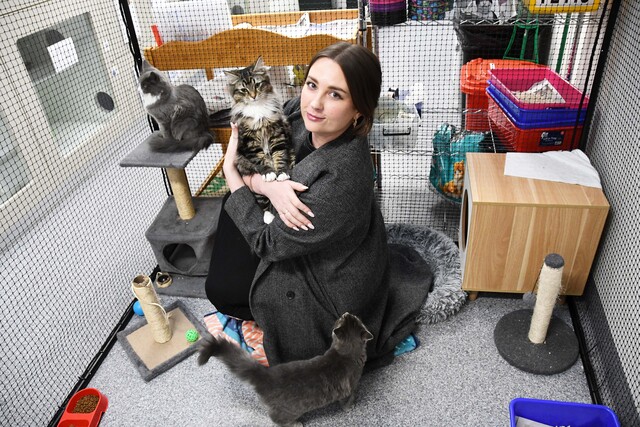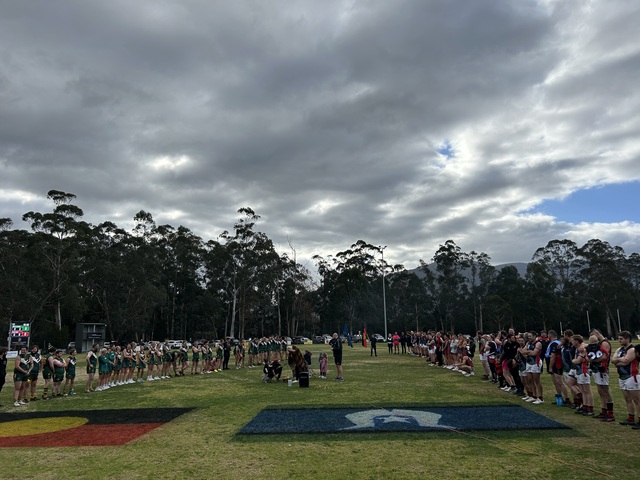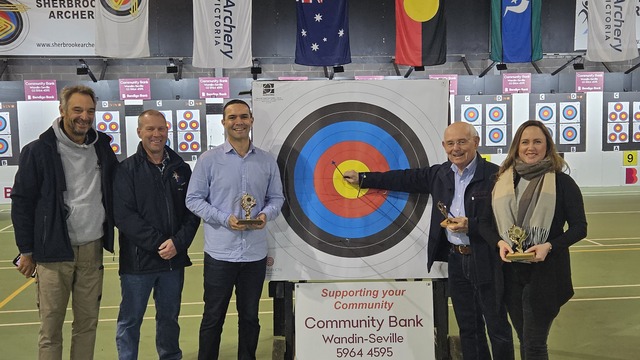To reduce the demand on ambulance call outs, a new initiative aims to better connect and coordinate Triple Zero calls for older Victorians living in residential aged care.
From next week, Ambulance Victoria’s triage services will begin drawing upon the Virtual ED run out of Northern Health to improve how Triple Zero calls from aged care facilities are triaged, ultimately providing better care for residents. The new pathway will allow some Triple Zero calls for aged care residents who don’t need an emergency ambulance to instead be connected to the Victorian Virtual Emergency Department.
“Expanded virtual health services, more GP respiratory clinics, and our Better at Home program – these are just some of the ways we’re bringing high-quality care to the community and keeping people out of hospital,” said Minster for Health Mary-Anne Thomas
“Doctors, nurses and ambos are doing phenomenal work under enormous pressure, and by allowing even more Victorians to be triaged and assessed virtually we can help ease some of that demand.”
The Virtual ED is currently seeing an average of 300 patients per day, and additional funding will see the service scale up to seeing more than 500 patients per day, including people living in residential aged care.
The new virtual service is expected to provide free assessment and consultation to around 80 patients a day and will be appropriate for residents with a variety of conditions or ailments, such as dehydration, unidentified infection or a cognitive event.
“We want to keep older Victorians around familiar environments and home comforts wherever we can – providing this virtual service to aged care residents will do just that, while also reducing the number of unnecessary ambulance callouts and trips to the hospital,” said Minister for Disability, Ageing and Carers Colin Brooks.
People who access the Virtual ED service can then be connected to a range of services and supports such as clinical assessments, medical advice and specialist referrals to better manage or treat their condition, removing the burden on residents of having to leave their home environment to be taken to hospital, but also free up valuable space in emergency departments and ambulances for those who need it most.
The service will partner with residential in-reach teams available across the state to ensure 24/7 access to care, providing a range of alternative referral options which will be particularly valuable to both facilities and residents after hours.
Since October 2020, the Virtual ED has supported more than 28,000 patients and achieved an ambulance or emergency department diversion rate of around 71 per cent.

